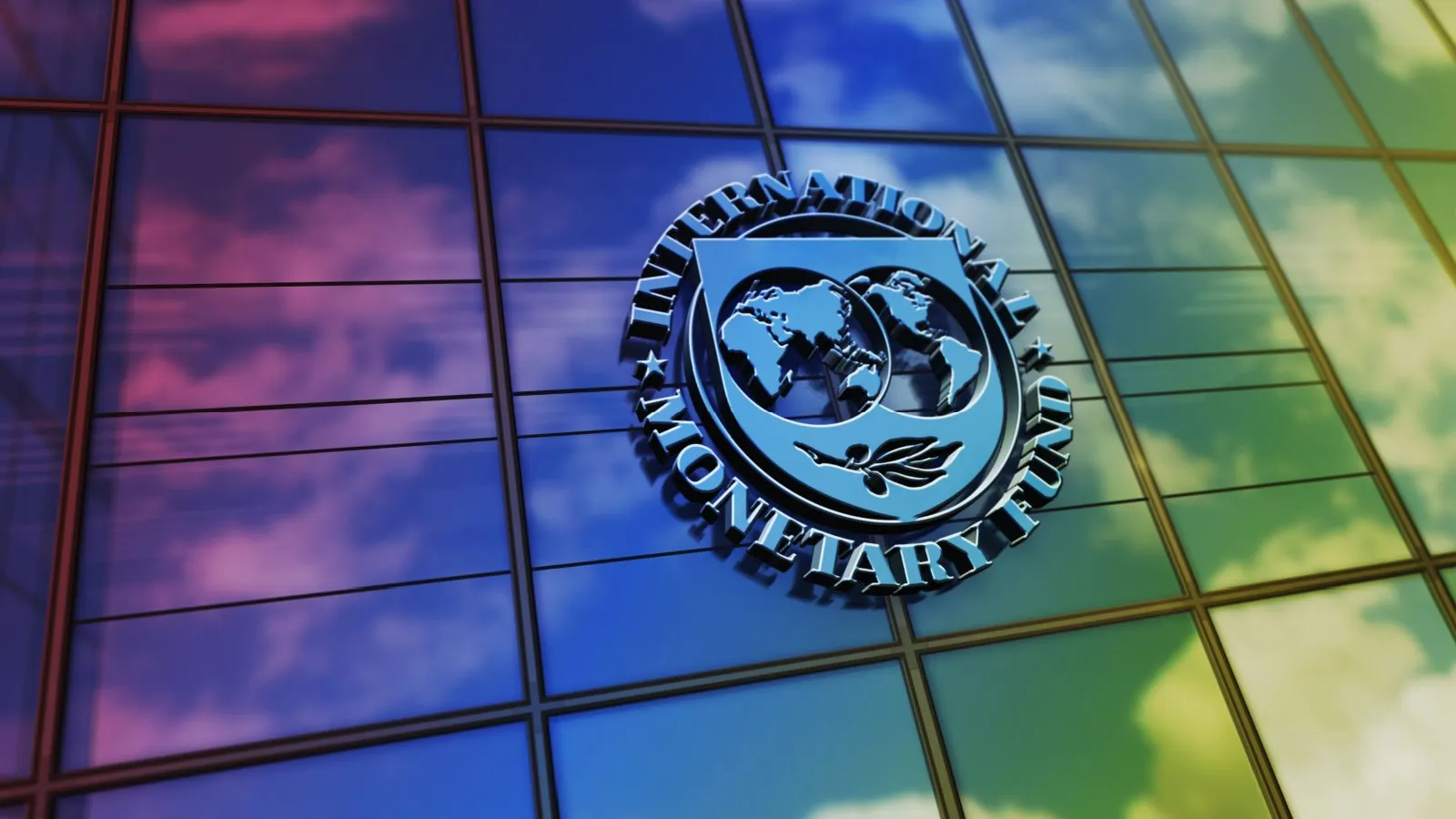On Thursday, the International Monetary Fund said an increase in electricity taxes for crypto miners by as much as 85% could play a significant role in curbing global carbon emissions, as the organization continues to sound off warnings relating to the industry.
That’s despite smaller operations struggling to turn a profit following Bitcoin’s halving event in April, which has placed increasing pressure on miners to find more efficient ways to operate.
“Such a levy would raise annual government revenue of $5.2 billion globally and reduce annual emissions by 100 million tons around Belgium’s current emissions,” the IMF wrote in a blog post.
It’s unclear whether such a tax hike would directly reduce emissions, as miners have often sought cheaper alternatives in countries with more favorable electricity costs.
For artificial intelligence data centers, a targeted tax on their electricity use would need to be set at $0.032 per kilowatt hour, or $0.052, including air pollution costs, the IMF said.
“It is slightly lower than for crypto because data centers tend to be in locations with greener electricity. This could raise as much as $18 billion annually,” it said.
It is estimated the environmental impact of both crypto mining and artificial intelligence data centers together now account for 2% of global electricity consumption and nearly 1% of global carbon emissions, the IMF said.
It follows a recent IMF report in September highlighting both industries' electricity usage, with crypto mining and AI data centers expected to consume as much energy as Japan, the world’s fifth-largest electricity user, within the next three years.
The IMF estimates that crypto mining alone could contribute 0.7% of global carbon dioxide emissions by 2027.
A direct tax of $0.047 per kilowatt hour on electricity used by crypto miners could significantly reduce emissions, aligning the industry with global climate goals, the IMF said.
The tax hike could increase to $0.089 per kilowatt hour when accounting for the broader health impacts of air pollution, representing an 85% increase in electricity costs for miners.
Such measures could generate $5.2 billion in annual revenue while reducing emissions by approximately 100 million tons, roughly equivalent to Belgium's current emissions, the IMF said.
The IMF conceded the tax hike would need to be a global push to coordinate and close the jurisdictional arbitration that could see miners relocate abroad and undermine those efforts.

